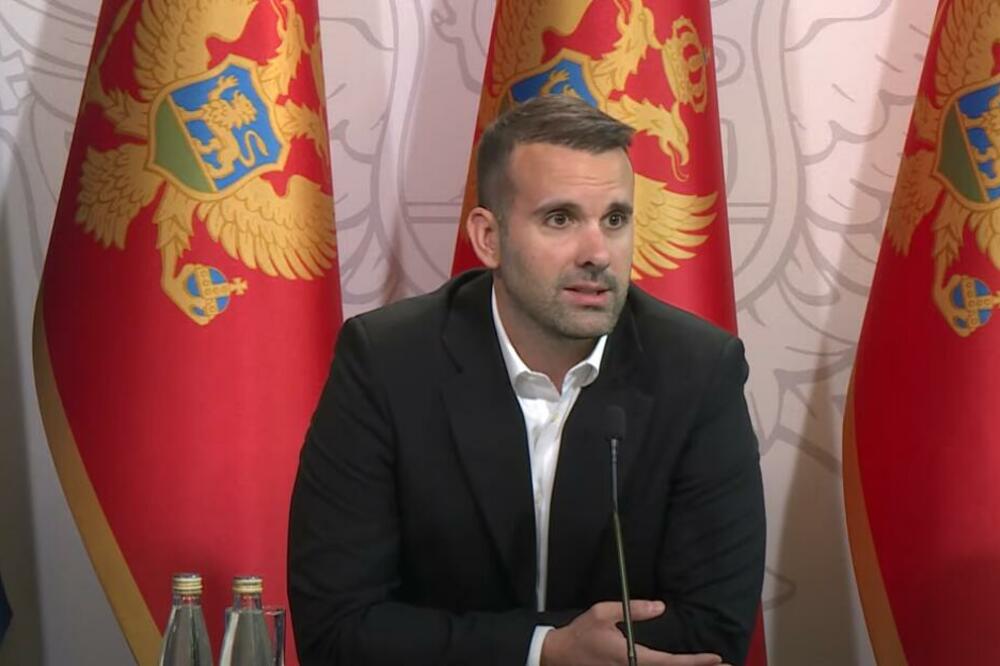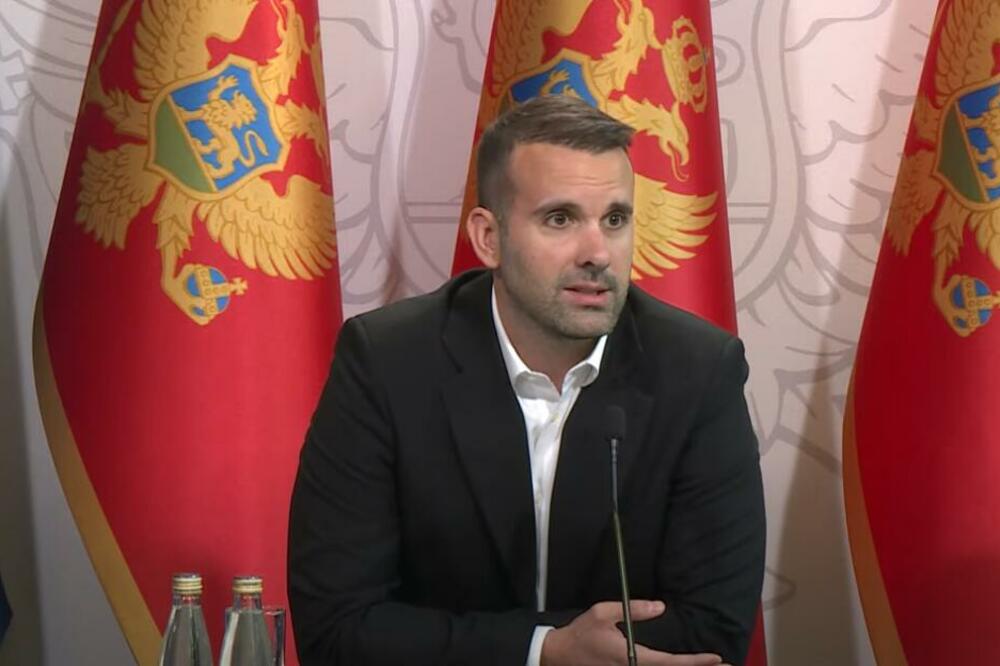Montenegro’s Prime Minister Milojko Spajić sparked controversy with statements directed against the Serbian Orthodox Church and Metropolitan Metodije, following a sermon mentioning General Draža Mihailović and Josip Broz Tito. Spajić dismissed clergy advice on history and politics, interpreted as an attack on the SPC and its role in preserving the Serbian identity in Montenegro. While Montenegro faces economic and infrastructural challenges, the Prime Minister focused on an ideological conflict with the church, drawing criticism for ignoring citizens’ real problems. This situation is seen as a continuation of the policy marginalizing Serbian identity in Montenegro.
Political Perspectives:
Left: Left-leaning outlets emphasize the socio-economic issues in Montenegro that the Prime Minister is neglecting by focusing on ideological conflicts with the Serbian Orthodox Church. They highlight the attack on the church as part of a broader marginalization of Serbian identity and criticize the government for diverting attention from real problems like inflation and infrastructure failures.
Center: Centrist sources report the controversy by presenting the facts of the Prime Minister’s statements and the church’s role in society. They focus on the political implications of the conflict and the historical context, noting the sensitivity around figures like Draža Mihailović and Tito, while maintaining a balanced view on the government’s challenges and the church’s influence.
Right: Right-leaning media stress the importance of the Serbian Orthodox Church in preserving national identity and criticize the Prime Minister for disrespecting the church and its leaders. They defend the historical narrative presented by the church, particularly the positive portrayal of Draža Mihailović as an anti-fascist symbol and the condemnation of Tito as a dictator, framing the Prime Minister’s statements as an attack on Serbian heritage.

